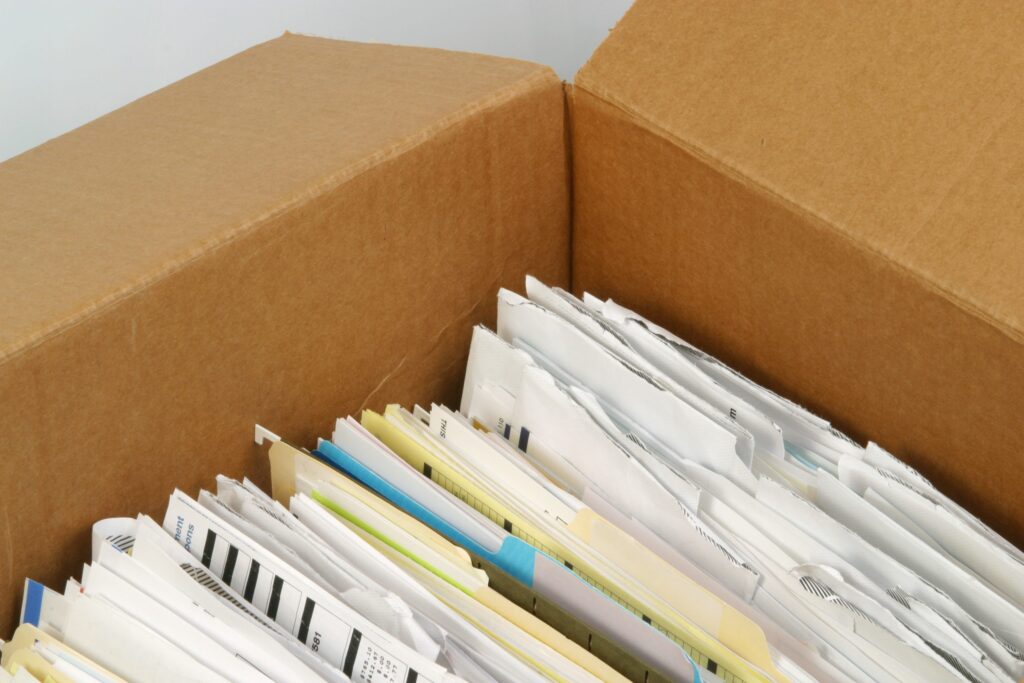-
August 23, 2023
Records Storage vs Document Storage – What is the Difference?

Managing the abundance of information that firms generate is a challenge, as any business owner will tell you. Every company generates both physical and electronic papers. Some of these documents are critical to the business’s operations and regulatory compliance, while others are transient.
Everything takes up physical or digital space, and businesses must define their document storage requirements and record management system, including what they should keep and where, what they should discard, when they should discard it, and the security and privacy implications of storing a specific document.
Document storage and records management are two methods that assist firms in managing information. They do different things, so let’s look at how they differ.
What exactly is Document Storage?
Business data must be stored, whether digitally or physically. The methods, technologies, and services that enable the secure storage of business documents are referred to as document storage.
Document management firms that provide document storage services provide private, discreet, and cost-effective storage while providing authorized users low-friction access. Document management organizations that offer storage services enable businesses to relocate papers off-site and save money on office space. Furthermore, they assist employees in efficiently locating and accessing the papers they require at the time they require them.
Document storage can range from simple on-premises filing to complex scanning and digital systems, but the finest document management firms will provide the following:
- A safe off-site location for the storage of physical and digital records.
- Physical document retrieval that is both quick and accurate.
- Physical document delivery
- Document scanning and delivery via digital means.
- A software portal for document access management and monitoring.
- Document destruction that is secure.
What exactly is Records Management?
Businesses retain a wide range of information, but only a fraction of that information has any bearing on regulatory compliance or other legal requirements. Many industries have regulatory frameworks that require organizations to preserve papers that show a complete history of transactions and other operations.
This type of document is commonly referred to as a record, and it must be saved, retained, and disposed of in accordance with strict guidelines.
Document management organizations that offer records management services assist businesses in storing, managing, and destroying records in accordance with applicable industry rules such as HIPPA and Sarbanes-Oxley.
From generation and capture to destruction, records must be managed throughout the information lifecycle. Furthermore, there are typically chain-of-custody standards for records information management, which means that firms must be able to track how the record was managed throughout its existence. In reality, audit trails are frequently regarded as records.
Most crucially, different categories of records have varying retention rules, which may change as the regulatory environment advances.
Many of the same capabilities are available with records information management services as with document storage services, such as safe storage, access controls, and document search and retrieval.
Consider the following five fundamental qualities of record management systems:
- Offsite Records Management Storage – Records are securely stored offsite while staying accessible when needed. Physical and digital records are cataloged and classified so that they may be promptly and easily retrieved.
- Data management software enables firms to search for data, create new records, and generate reports to investigate where records are held and how they are used.
- Compliance management entails storing and disposing of records in accordance with applicable regulations. As regulatory standards change, software and processes are regularly updated, minimizing the compliance load on organizations.
- Secure chain of custody – At all times, businesses have comprehensive visibility into the location and status of their records.
- Secure destruction – When documents reach the end of their lives, they are destroyed in a safe and compliant way, whether by shredding or device destruction.
Contact us now to learn more about how Infoshred’s document, information, and records information management services help organizations decrease expenses while alleviating the stress of compliance.
Request an estimate on our website or by calling 860-627-5800 to learn more. Our experts will ask you a few questions to better understand your requirements, after which they will tell you exactly what to expect from start to finish, including the cost.
Popular Posts
Helpful Resources
Interested in Shred Events?
Come be a part of one of Infoshred’s upcoming Shred Events! We provide a safe, eco-friendly way to dispose of your confidential paper documents. With easy-to-reach locations and convenient dates, we’re here to help you safeguard your information while giving back to local causes.



